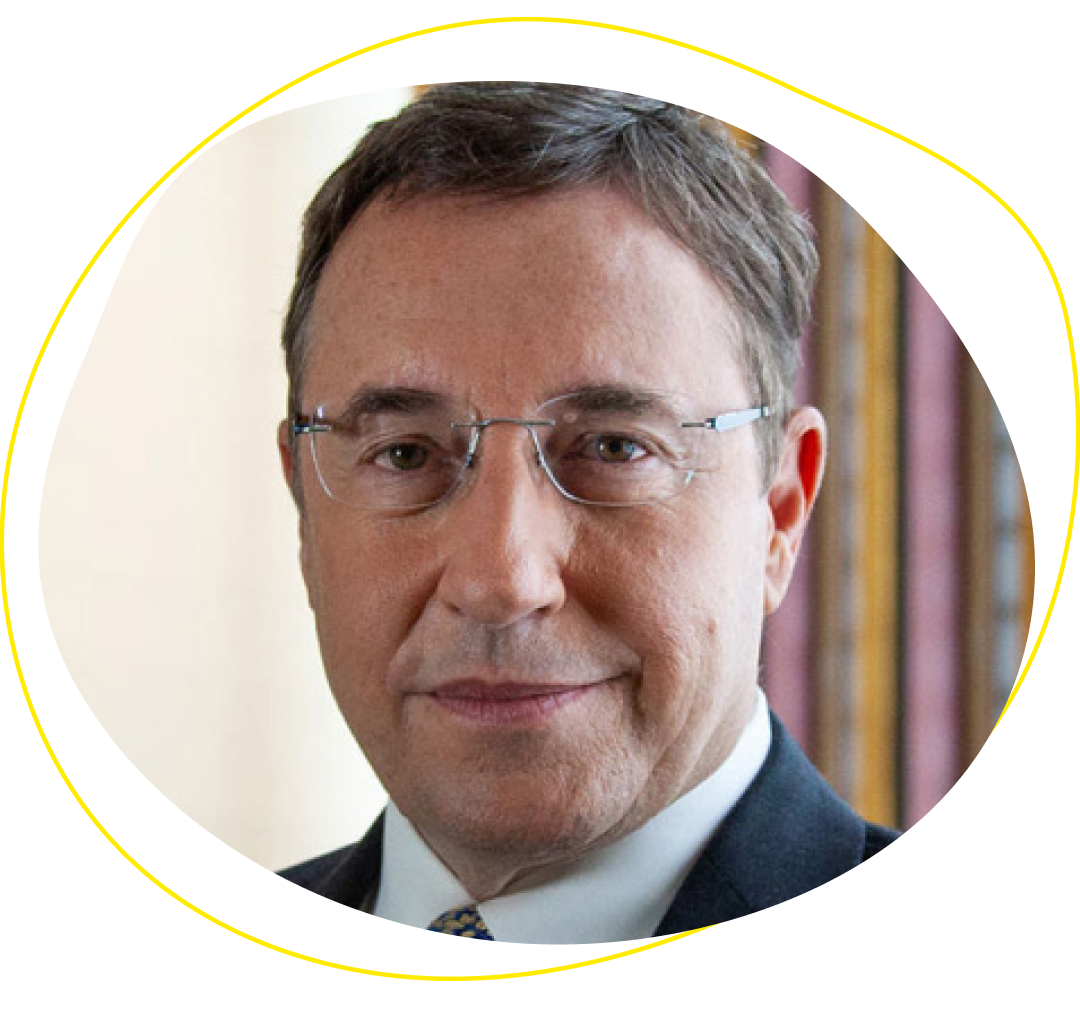
Foreword
In 2022, peace was again shattered in many parts of the world as violent conflicts, now at their highest levels since the Second World War, devastated lives and livelihoods. Some of the worst human rights violations occur during these conflicts, which includes the scourge of gender-based violence against women and girls. The rule of law also continued to decline globally. Indeed, over five billion people globally still have unmet justice needs. There is also a notable contraction in civic space being fueled by a range of factors including polarization and increasing hostility towards civil society. In 2022, over 400 human rights defenders were murdered, the highest number ever recorded. At the same time, some of the world’s most vulnerable communities are at the receiving end of a climate emergency that is leaving a trail of destruction in its wake and impeding access to a wide range of human rights.
In this demanding context, the latest phase of UNDP’s Global Programme for Strengthening the Rule of Law, Human Rights, Justice and Security for Sustainable Peace and Development (2022-2025) commenced. In 2022, it provided 104 contexts with the tailored and flexible assistance they need to deliver justice; improve security; and respect, protect and fulfil human rights.
The UN Global Focal Point for the Rule of Law continued to be a fulcrum for varied support including assisting e-justice systems and improving living conditions in prisons. In the Central African Republic, UNDP partnered with the UN peacekeeping mission, MINUSCA, to support the Special Criminal Court, which issued a first verdict against individuals accused of crimes against humanity and war crimes. UNDP also boosted the ability of 38 National Human Rights Institutions worldwide to ensure freedom of expression; protect human rights defenders; and hold governments to account. That support was often extended through the Tripartite partnership between the UN Human Rights Office, GANHRI and UNDP. Our Global Offer on Business and Human Rights was also scaled up, now providing the private sector in 28 countries with new tools to fully integrate human rights into their business.
In this demanding context, the latest phase of UNDP’s Global Programme for Strengthening the Rule of Law, Human Rights, Justice and Security for Sustainable Peace and Development (2022-2025) commenced. In 2022, it provided 104 contexts with the tailored and flexible assistance they need to deliver justice; improve security; and respect, protect and fulfil human rights.
The UN Global Focal Point for the Rule of Law continued to be a fulcrum for varied support including assisting e-justice systems and improving living conditions in prisons. In the Central African Republic, UNDP partnered with the UN peacekeeping mission, MINUSCA, to support the Special Criminal Court, which issued a first verdict against individuals accused of crimes against humanity and war crimes. UNDP also boosted the ability of 38 National Human Rights Institutions worldwide to ensure freedom of expression; protect human rights defenders; and hold governments to account. That support was often extended through the Tripartite partnership between the UN Human Rights Office, GANHRI and UNDP. Our Global Offer on Business and Human Rights was also scaled up, now providing the private sector in 28 countries with new tools to fully integrate human rights into their business.
UNDP’s support is increasingly embracing digital technology to boost access to the rule of law and human rights in countries such as Burkina Faso, Colombia, Lebanon, Liberia, and The Gambia. The Justice Futures CoLab provides a new space to explore new ways of thinking and programming to address complex justice and rule of law challenges. UNDP also presented its first-ever global strategy on environmental justice to help ensure that national legal frameworks put the new recognition of the right to a clean, healthy and sustainable environment into practice.
I would like to express my sincere gratitude to our donors and partners who make these life-changing results possible. This support to key areas like human rights and the rule of law creates a lasting impact from which all 17 Sustainable Development Goals can take root and flourish, influencing what happens next for years to come. Rather than building physical or metaphorical borders, it pivots on the principle of co-investing in each other – perhaps the most powerful defence against challenges such as climate change that now threaten our global security.
Achim Steiner,
Administrator, United Nations Development Programme
(UNDP)

The World Justice Project. (2019). Measuring the justice gap: a people-centered assessment of unmet justice needs around the world.
https://www.theguardian.com/world/2023/apr/04/colombia-human-rights-defenders-killings-2022
